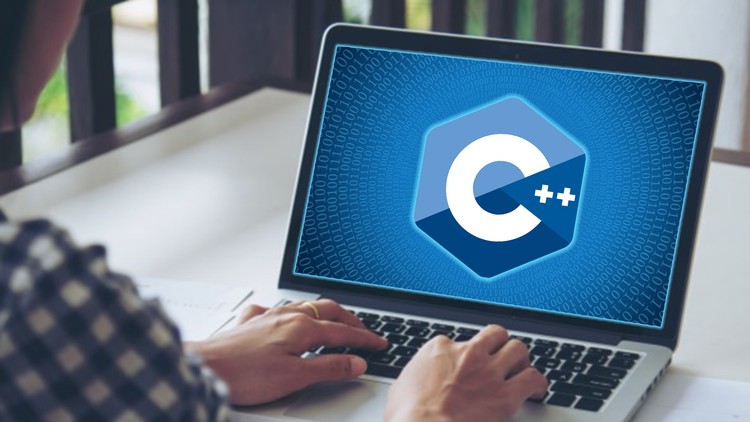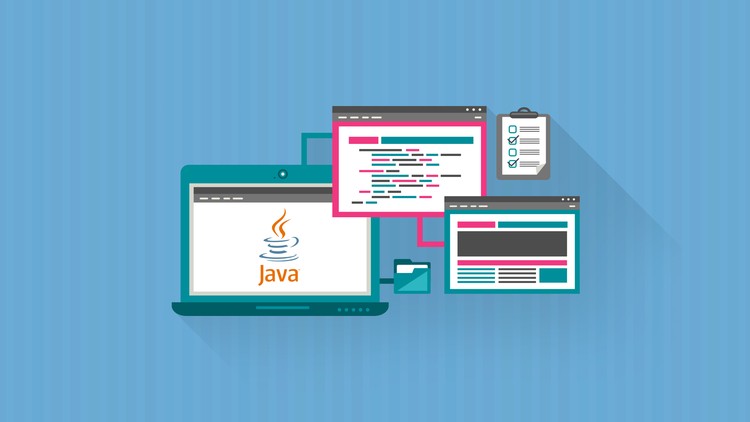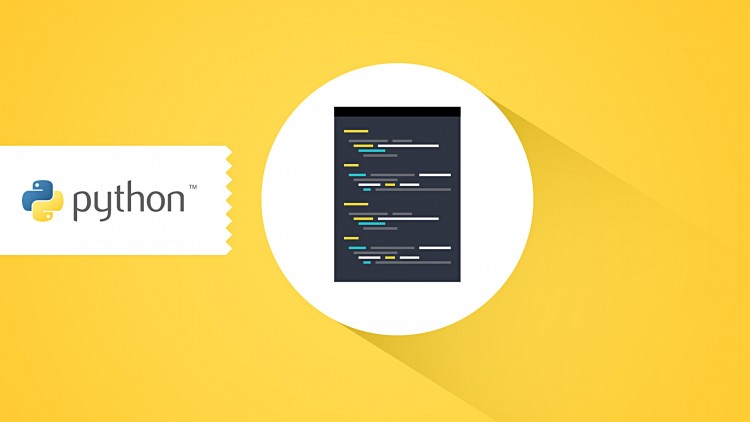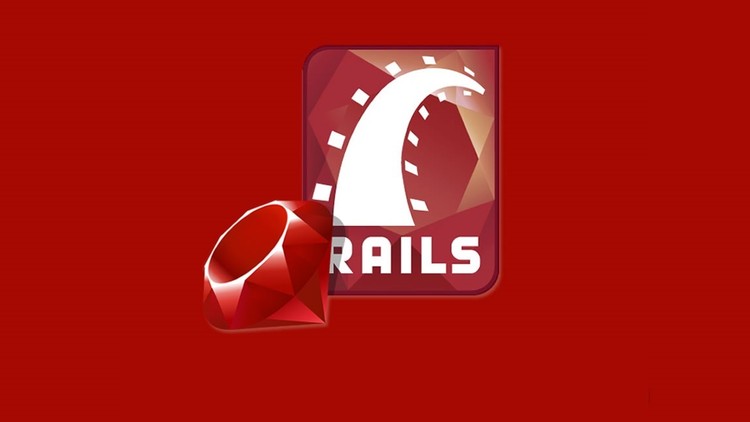Description
Learn C++ programming from scratch with our comprehensive course designed for beginners. Whether you’re aiming to build a strong foundation in programming or preparing for a career in software development, this course covers key concepts, syntax, and problem-solving techniques in C++. Dive into variables, loops, functions, and object-oriented programming with practical examples and hands-on exercises. By the end, you’ll be equipped to create your own C++ programs and understand core principles essential for advancing your coding skills.





Micheal –
“Great course for anyone looking to start their journey in C++ programming. The instructor is knowledgeable and engaging, and the content is well-organized. The course covers all the basics and gradually builds up to more complex topics, ensuring a smooth learning curve. Five stars!”
Sunusi –
“I had no prior experience with programming, but this course made learning C++ enjoyable and manageable. The pace was perfect, and the lessons were well-structured. I appreciated the quizzes and coding challenges, which reinforced the material and boosted my confidence.”
Ufuoma –
“As someone new to programming, I found this course to be incredibly helpful. The explanations were clear, and the examples were easy to follow. I particularly liked the step-by-step approach and the practical exercises that allowed me to apply what I learned immediately. A must-take for beginners!”
Bintu –
“This course is a fantastic introduction to C++ programming! The instructor explains concepts in a clear and concise manner, making it easy for complete beginners to grasp. The hands-on exercises and real-world examples were particularly helpful in solidifying my understanding. Highly recommend!”